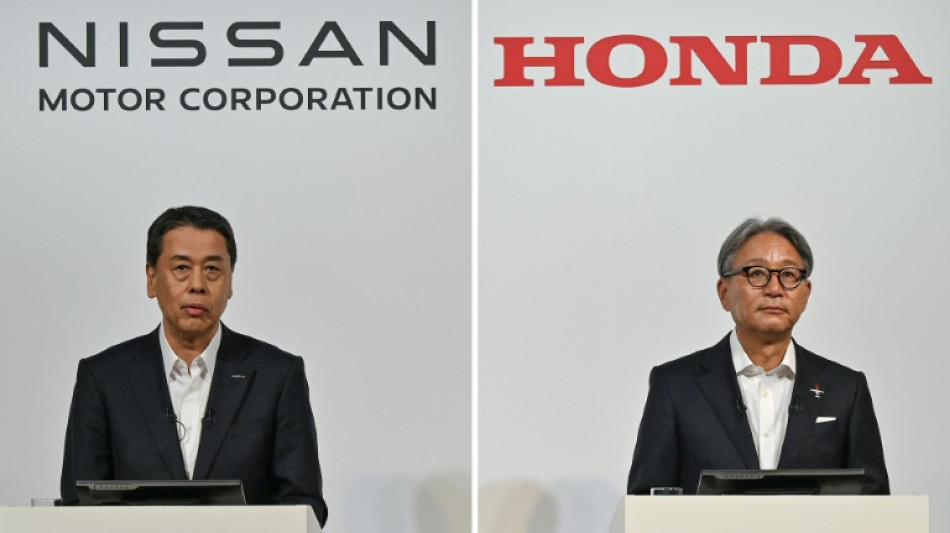
-
 Bielle-Biarrey 'fit' for Top 14 final after suffering concussion
Bielle-Biarrey 'fit' for Top 14 final after suffering concussion
-
James Webb telescope discovers its first exoplanet

-
 Kenya's Kipyegon seeks history with four minute mile attempt
Kenya's Kipyegon seeks history with four minute mile attempt
-
Gunmen kill 10 in crime-hit Mexican city

-
 Olympic surfing venue battling erosion threat
Olympic surfing venue battling erosion threat
-
Relief, joy as Israel reopens after Iran war ceasefire

-
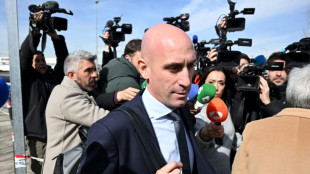 Spain upholds fine against Rubiales for Hermoso forced kiss
Spain upholds fine against Rubiales for Hermoso forced kiss
-
Iran hangs three more accused of spying as fears grow for Swede

-
 Australia choose to bat first in first Test against West Indies
Australia choose to bat first in first Test against West Indies
-
Gambhir backs India bowlers to 'deliver' despite first Test misery

-
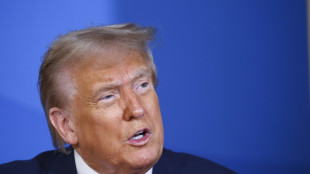 Trump reassures allies as NATO agrees 'historic' spending hike
Trump reassures allies as NATO agrees 'historic' spending hike
-
England's Duckett says mindset change behind Test success

-
 Trump sees 'progress' on Gaza, raising hopes for ceasefire
Trump sees 'progress' on Gaza, raising hopes for ceasefire
-
UK's Glastonbury Festival opens gates amid Kneecap controversy

-
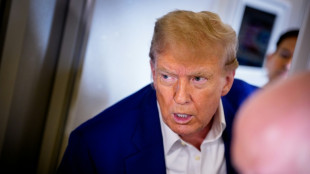 Oil rebounds as markets track Iran-Israel ceasefire
Oil rebounds as markets track Iran-Israel ceasefire
-
Cable theft in north France disrupts Eurostar traffic
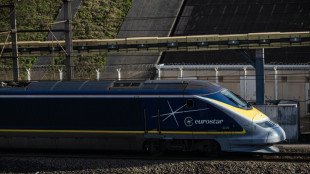
-
 Cambodians at quiet Thai border plead for peace
Cambodians at quiet Thai border plead for peace
-
Trump plays nice as NATO eyes 'historic' spending hike
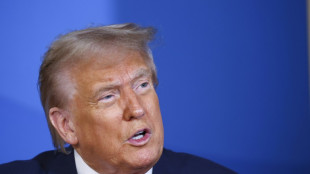
-
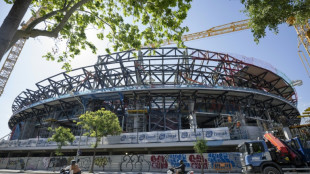 Barcelona announce Camp Nou return for August 10
Barcelona announce Camp Nou return for August 10
-
Trump insists Iran nuclear programme set back 'decades'

-
 Armenia PM says foiled 'sinister' coup plot by senior cleric
Armenia PM says foiled 'sinister' coup plot by senior cleric
-
Turkey breathes easier as Iran-Israel truce eases fallout risk
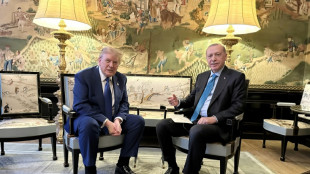
-
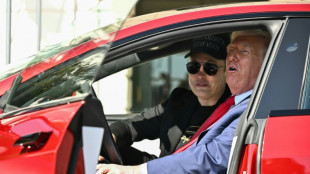 Tesla sales skid in Europe in May despite EV rebound
Tesla sales skid in Europe in May despite EV rebound
-
'Not Test class': Pundits tear into India after England chase 371

-
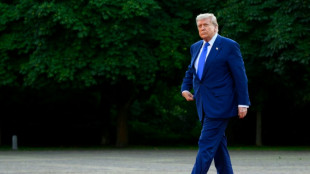 Trump whirlwind tests NATO summit unity
Trump whirlwind tests NATO summit unity
-
Justice orders release of migrants deported to Costa Rica by Trump
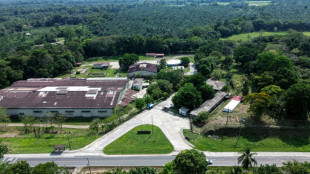
-
 Vietnam tycoon will not face death penalty over $27 bn fraud: lawyer
Vietnam tycoon will not face death penalty over $27 bn fraud: lawyer
-
Vietnam abolishes death penalty for spying, anti-state activities
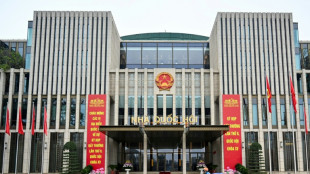
-
 Over 80,000 people flee severe flooding in southwest China
Over 80,000 people flee severe flooding in southwest China
-
AI fakes duel over Sara Duterte impeachment in Philippines
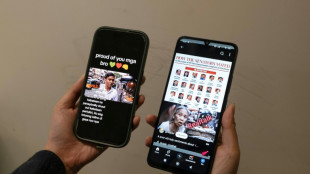
-
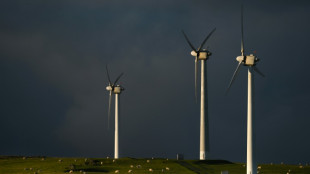 UK carbon emissions cut by half since 1990: experts
UK carbon emissions cut by half since 1990: experts
-
Delap off mark as Chelsea ease into Club World Cup last 16

-
 UK to reintroduce nuclear weapon-capable aircraft under NATO
UK to reintroduce nuclear weapon-capable aircraft under NATO
-
Upstart socialist stuns political veteran in NYC mayoral primary
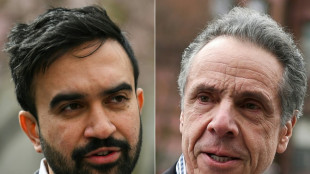
-
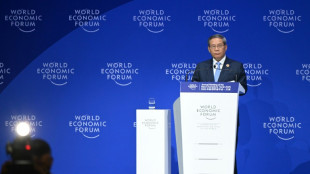 China's premier warns global trade tensions 'intensifying'
China's premier warns global trade tensions 'intensifying'
-
Chelsea through to Club World Cup knockouts, Benfica beat Bayern

-
 Cummins says Green 'long-term option' as Australia face new-look Windies
Cummins says Green 'long-term option' as Australia face new-look Windies
-
Chelsea east past Esperance and into Club World Cup last 16

-
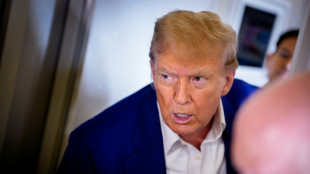 Stocks rally as Iran-Israel ceasefire holds, oil claws back some losses
Stocks rally as Iran-Israel ceasefire holds, oil claws back some losses
-
Trump whirlwind to test NATO summit unity
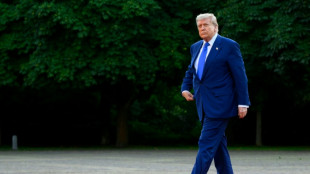
-
 Israel claims victory as US intel says Iran nuclear sites not destroyed
Israel claims victory as US intel says Iran nuclear sites not destroyed
-
Benfica beat Bayern at Club World Cup as Auckland City hold Boca
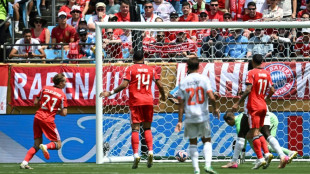
-
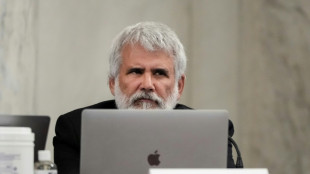 RFK Jr's medical panel to revisit debunked vaccine claims
RFK Jr's medical panel to revisit debunked vaccine claims
-
Sean Combs trial: Takeaways from testimony
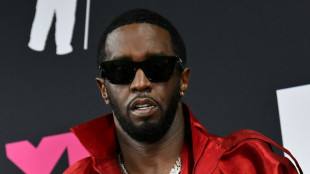
-
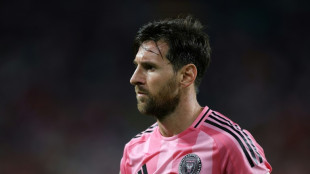 Messi and Miami relishing reunion with PSG and Enrique
Messi and Miami relishing reunion with PSG and Enrique
-
At least 10 dead in Colombia landslide

-
 Extreme heat, storms take toll at Club World Cup
Extreme heat, storms take toll at Club World Cup
-
France's Versailles unveils AI-powered talking statues

-
 Child vaccine coverage faltering, threatening millions: study
Child vaccine coverage faltering, threatening millions: study
-
Club World Cup winners team who handles weather best: Dortmund's Kovac


What next for Honda and Nissan?
Honda and Nissan on Thursday announced the scrapping of merger talks that would have created the world's third-biggest auto company by unit sales behind Toyota and Volkswagen.
Here are some key points about why the Japanese companies explored a tie-up, the reasons for their failure, and where this leaves them in a difficult global auto industry.
- What is their history? -
Honda was founded in 1948 as a small factory making motorcycles and is now the world's biggest producer of the two-wheelers. It also makes 3.7 million four-wheel vehicles annually.
More than 40 percent of these were sold in North America last year, roughly 20 percent in China, 18 percent in Japan and three percent in Europe.
Nissan, founded in 1933, produced 3.1 million cars last year. North America accounts for 38 percent of its global sales, China 20 percent, Japan 14 percent and Europe 10 percent.
French automaker Renault took a 36.8 percent stake in the then loss-making firm in 1999 and Mitsubishi Motors joined the alliance 17 years later, with Nissan taking a 34-percent stake in its struggling Japanese rival.
But tensions emerged, stoked by the French state increasing its stake in Renault in 2015, followed by the 2018 arrest of Nissan boss Carlos Ghosn in Japan on suspicion of financial misconduct and his subsequent flight from the country.
In 2023, Renault sold part of its stake in Nissan as part of an alliance overhaul that saw them retain 15 percent cross-holdings.
- Why did they try to merge? -
Nissan has been struggling, last year reporting a 93-percent plunge in first-half net profit and axeing 9,000 jobs in November. It is also saddled with billions of dollars of debt.
For both companies, achieving economies of scale would have served to "enhance R&D capabilities, and better compete" in the areas of "advanced technologies including electrification and software-defined vehicles", said Tatsuo Yoshida, senior auto analyst at Bloomberg Intelligence.
Japanese carmakers have long lagged in the electric vehicle sector, especially against Chinese firms, with the country's leading EV-maker BYD last year selling more vehicles globally than Honda and Nissan.
The pair had already agreed on talks over partnership in electrification technologies and software development, and were later joined by Mitsubishi Motors.
- Why did merger talks fail? -
When the merger talks were announced in December the plan was that the two automakers along with Mitsubishi Motors would integrate their businesses under a new holding company.
But local media reports have said Honda, frustrated by its rival's slow decision-making on restructuring, wanted to make it a subsidiary, which Nissan's leadership found unacceptable.
"Nissan appears to be stressing its independence and freedom of (decision-making on) its strategy," which "for Honda's eyes may not maximise benefit of economy of scale," Mizuho Securities analyst Yoshitaka Ishiyama said.
- What happens next? -
In the long term at least, both firms will need to seek alternative partners as they look to get a leg-up in the technology race, analysts say.
"For Honda, there remains a concern about how to beef up its four-wheel vehicle business," said Seiji Sugiura, auto analyst at Tokai Tokyo Intelligence Laboratory.
"The fact that Honda executives had wanted to merge with Nissan means that they needed a close collaboration in R&D at a deeper level than an alliance, (which) involves sharing confidential company information," he added.
Nissan's position is worse, as it "faces significant challenges, including financial instability and the need to strengthen its position in the advanced technology battlefield", said Bloomberg's Yoshida.
Sugiura added that tech firm Foxconn "remains to be an option for Nissan".
Recent reports have said the Taiwanese giant, also known as Hon Hai, had been in talks with Renault over buying the French automaker's stake in the Japanese firm.
However, Sugiura added that a Foxconn-Honda tie-up was also possible "as it has technologies Honda wants".
And he added: "If Honda really wants Nissan's technology, it can launch a hostile takeover bid of Nissan."
G.AbuOdeh--SF-PST
